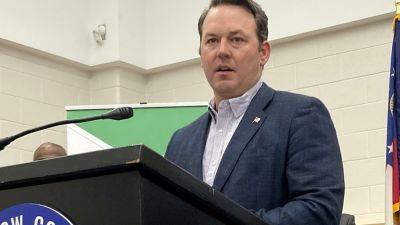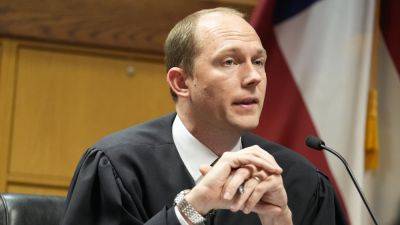A Georgia Work Program Previews How Trump Could Reshape Medicaid
Daphne Young, 61, was recovering from cervical cancer and managing a complex heart condition when she arrived late last month at an Atlanta job fair desperate to reclaim health coverage through Medicaid.
In July, Ms. Young, a journalist, had moved from California to Georgia, a state with strict Medicaid eligibility limits and one of just 10 that did not expand the program to adults under the Affordable Care Act. The monthly income she listed for herself and her son was too high for her to qualify, she said.
Instead, Ms. Young was guided to a table with a potential alternative: a new Medicaid program called Georgia Pathways to Coverage, which required enrollees with incomes up to 100 percent of the federal poverty level to work, study or do community service for at least 80 hours a month to secure coverage.
Pathways, which has drawn anemic enrollment ahead of its scheduled expiration next year, is the subject of an intense legal and philosophical battle over the future of Medicaid, a joint federal-state program that accounts for roughly 10 percent of the federal budget and covers around 75 million Americans, most of them lower income.
The Biden administration quickly withdrew the Trump administration’s approvals of work requirements in state Medicaid programs and has sought to block Georgia from advancing Pathways. A federal judge allowed it to continue.







